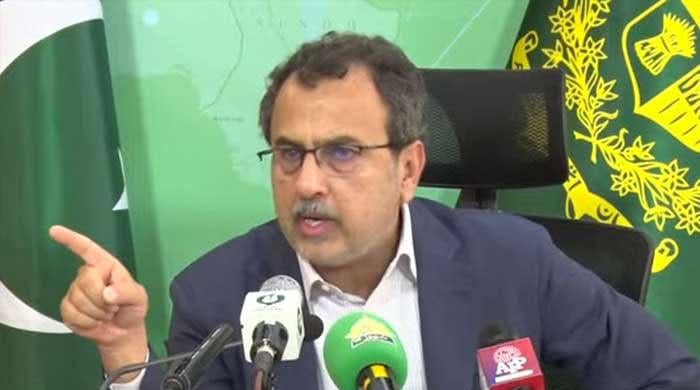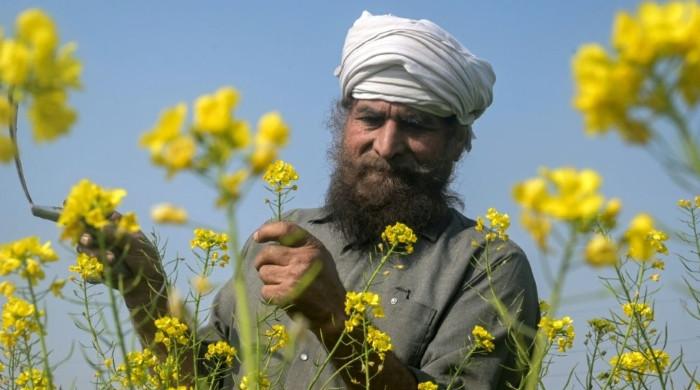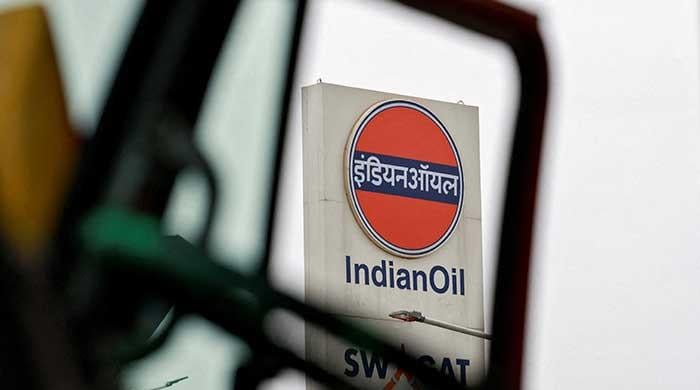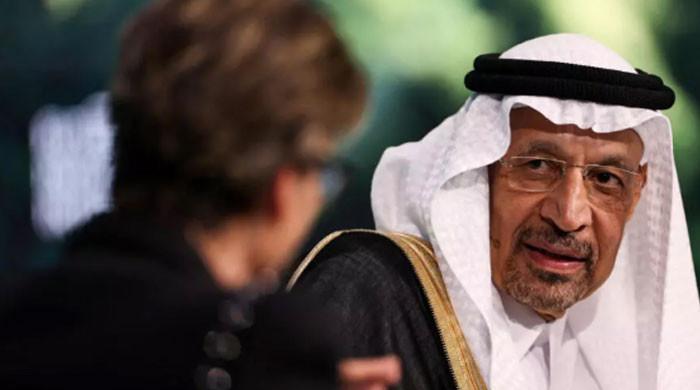ADB approves $800m programme to support fiscal reforms in Pakistan
"This programme backs the government’s commitment to further policy and institutional reforms,: says ADB Country Director for Pakistan
June 03, 2025
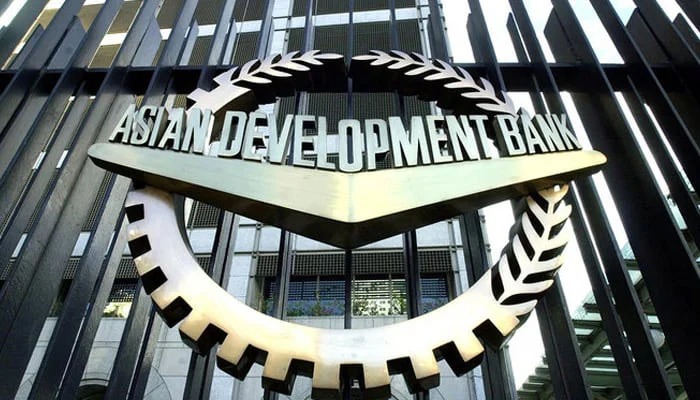
- Package includes a $300 million policy-based loan.
- $500m guarantee to mobilise up to $1b funding.
- Programme focuses on tax reform and digitalisation.
KARACHI: The Asian Development Bank (ADB) has approved an $800 million financing package to support Pakistan’s push for fiscal sustainability and stronger public financial management, amid mounting debt and reform pressures.
The package includes a $300 million policy-based loan and ADB’s first-ever policy-based guarantee of up to $500 million, aimed at mobilising as much as $1 billion from commercial lenders, the Philippines-based lender said on Tuesday.
The funding comes under the Improved Resource Mobilisation and Utilisation Reform Program, Subprogram 2, which supports wide-ranging fiscal and governance reforms. These include overhauls in tax policy and administration, public expenditure management and digital governance — all part of Islamabad’s efforts to contain the fiscal deficit and reduce public debt.
“Pakistan has made significant progress in improving macroeconomic conditions,” said ADB Country Director Emma Fan. “This programme backs the government’s commitment to further policy and institutional reforms that will strengthen public finances and promote sustainable growth.”
The programme also seeks to improve private sector participation by facilitating investment and modernising regulatory frameworks. It is backed by technical assistance and close collaboration with other development partners to enhance long-term fiscal resilience.
The country faces persistent structural imbalances, with tax revenue among the lowest in emerging markets and public debt nearing 75% of GDP.
On Friday, an ADB delegation visited the Provincial Disaster Management Authority (PDMA) headquarters in Punjab, where they were briefed by Director General Irfan Ali Kathia. The delegation also toured PDMA’s Control Room to observe real-time disaster response operations.
Separately, Federal Minister for Climate Change Dr Musadik Malik met with ADB’s Senior Director for Climate Change and Sustainable Development Toru Kubo on Thursday. The two sides explored collaborative strategies for carbon market development, including a new climate strategy focused on carbon credit mobilisation and outcomes-based project execution.
Dr Malik assured ADB of full ministerial support for the new strategy, stressing its need to be transparent and results-driven. Kubo reaffirmed ADB’s commitment to supporting developing member countries through low-carbon investments and access to global climate finance.
Pakistan is a founding member of ADB, which has committed more than $52 billion to the country since 1966 in the form of loans, grants, and other financing instruments. These investments have spanned infrastructure, energy and food security, transport, and social sectors.
ADB, a leading multilateral institution in the region, focuses on inclusive, resilient, and sustainable growth. It comprises 69 members, including 50 from the Asia-Pacific region.





